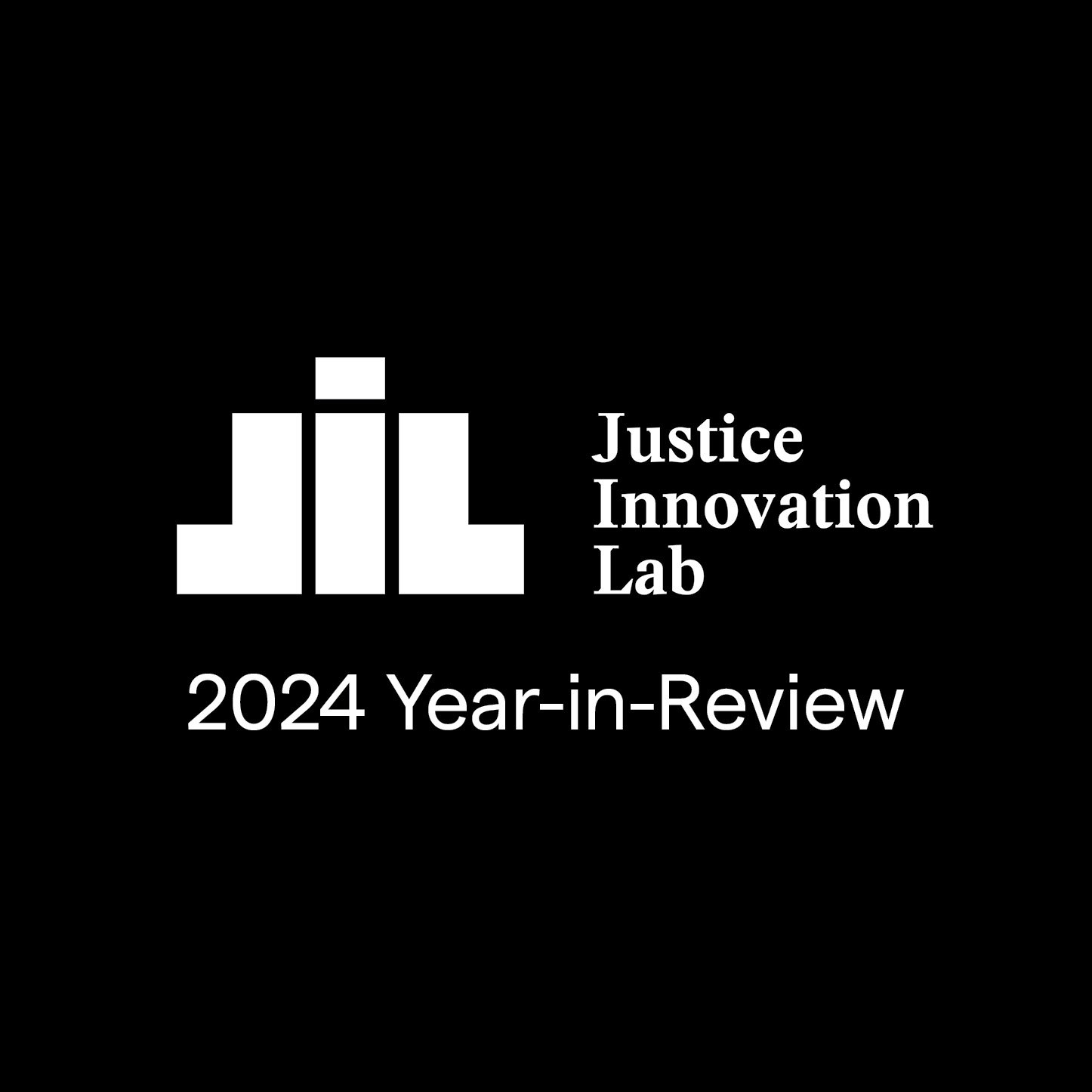Year in review: 4 ways JIL is creating change
By Kelli L. Ross
Our justice system is broken, and this year, Justice Innovation Lab helped jurisdictions across the United States begin to fix it.
In 2022, we worked in three jurisdictions, and not only identified problems plaguing their criminal legal systems, but we helped our partners build solutions.
This year, our work helped identify and remove bad cases from the system, reduced case backlogs exacerbated by the pandemic, and identified ways to significantly reduce unnecessary and inequitable incarceration.
We have succeeded by working closely with partner communities to identify sustainable solutions, pilot new programs, and study their impacts. People are taking notice. An August op-ed in Charleston’s The Post and Courier referred to our work as “a-commonsense-we-can’t-believe-this-isn’t-already-being-done program.”
The reason it hasn’t been done is that our legal system is up against decades of ingrained cultural, institutional, and systemic barriers that often impede meaningful progress. Justice Innovation Lab helps communities build new tools, develop new skills, and take a more holistic approach to achieving community safety.
Here are FOUR WAYS JIL is creating change in the criminal legal system:
We worked with partner jurisdictions—Charleston and Berkeley Counties (Charleston, South Carolina), Ramsey County (St. Paul, Minnesota), and Chatham County (Savannah, Georgia)—to implement changes based upon our analysis. This included designing screening units, clearing out old cases, and standardizing data entry.
We led workshops that helped jurisdictions build data-informed, cultures of innovation that identify problems and build solutions.
We implemented a novel method for prioritizing cases that helps jurisdictions understand how their current processes and procedures conflict with their goals and values, ultimately reducing reliance on prosecution for cases with no impact on public safety.
We are training the next generation of attorneys through our partnership with the Equity Institute Initiative at The George Washington University Law School—JIL@GW—thanks in part to funding by Microsoft. This year, law students contributed ongoing research on pretextual stops, charging enhancements, use of fines and fees, justice systems mapping, and best practices in alternatives to prosecution.



